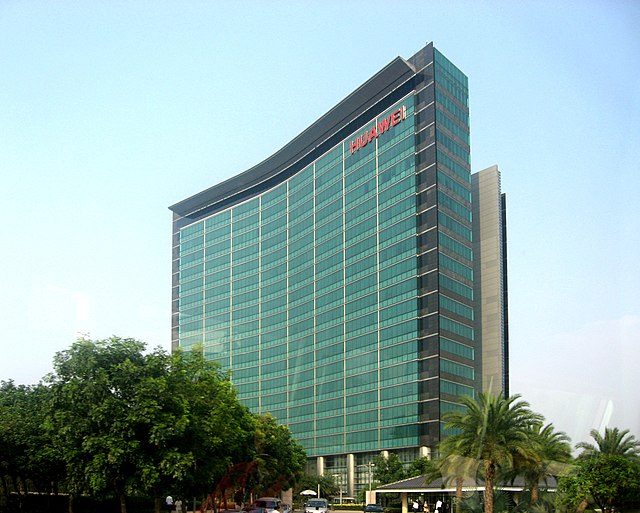On Wednesday, Chinese tech company Huawei showcased a new software brand for intelligent driving – Qiankun. This move can be interpreted as the latest push for the brand to craft a niche for itself in the highly competitive electric vehicle landscape.
Qiankun aims to provide self-driving systems that includes the driving chassis, audio and driver’s seat, said Jin Yuzi, CEO of Huawei’s Intelligent Automotive Solution (IAS) business unit, at an event ahead of the Beijing auto show. He also mentioned that within a year, more than 10 car models equipped with Huawei’s Qiankun system are expected to hit the market.
According to Jin, “2024 will be the first year for mass commercialisation of smart driving and the cumulative number of cars on the road equipped with the Huawei self-driving system will top 500,000 by the year-end.”
In 2019, the Shenzhen-based tech conglomerate launched its smart car unit intending to become the equivalent of the German automotive supplier Bosch in the intelligent EV era and supply software and components to partners.
Huawei revealed in November that the unit would be later converted into a new company that would primarily deal with the unit’s core technologies and resources with investments from partners such as automaker Changan Auto.
Huawei has so far unveiled seven EV models in partnership with Chinese automakers which are selling well, said Jin. These EV models include three Aito brand models under the partnership with Seres, the Luxeed S7 sedan co-developed with Chery, Two models with Changan Auto-backed Avatr and one with Beijing Automotive Group (BAIC)- owned Arcfox.
On Tuesday, Huawei unveiled the first model under the premium Stelato brand it launched with BAIC, the S9 sedan.
The company’s diversification comes amid an intense price war in the auto market which is dealing with decreasing sales momentum, and increasing concerns about overcapacity as more than 40 brands are vying for the consumer’s attention.



